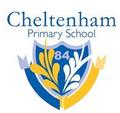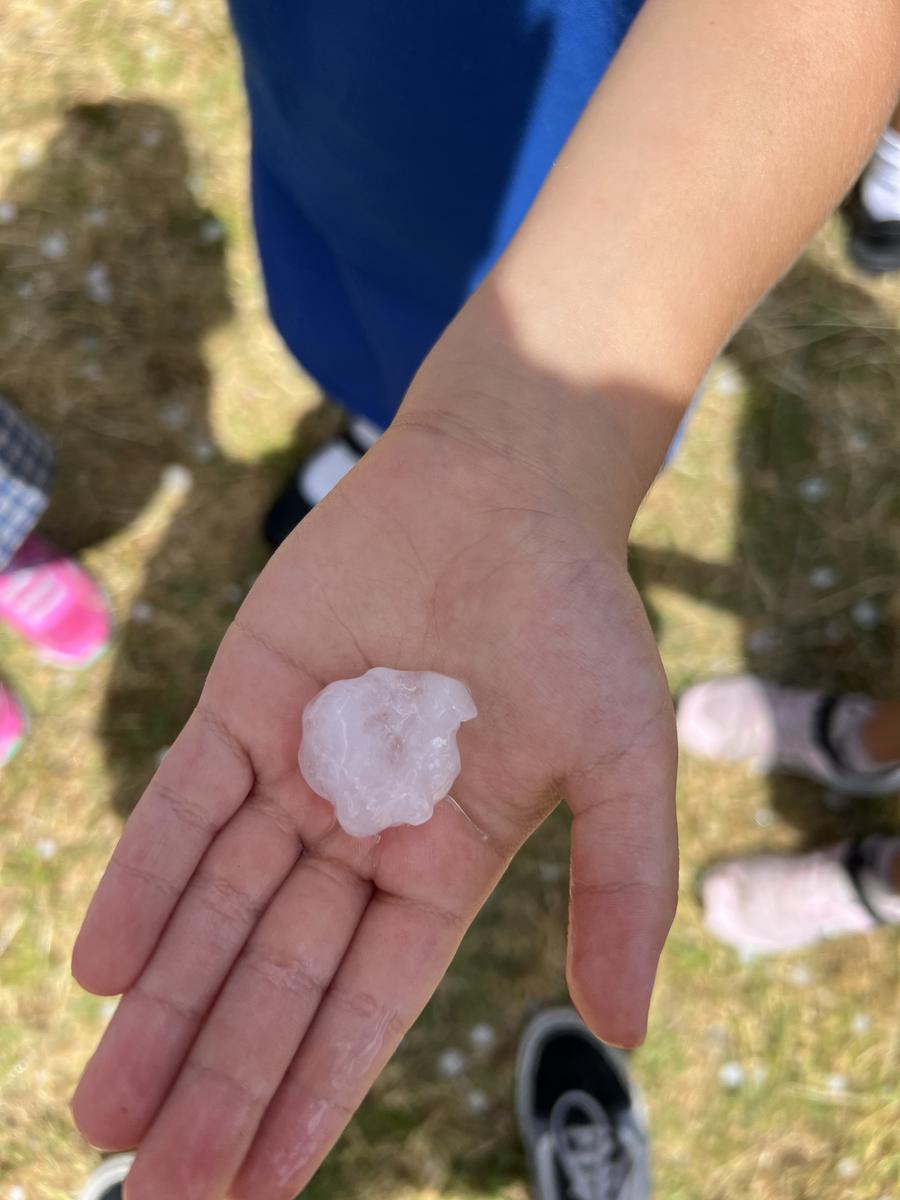
Science
Term 1 2024
Your science teachers would like to extend a warm welcome to all returning and new students, to Term 1, 2024! This year in Science, you will have Jordan Orr, who is resuming from 2023, and Arthur Chronopoulos. Below is a summary of the units being taught this term, followed by more information per year level:
Foundation - Observation
Years 1 & 2 - Weather
Years 3 & 4 – Simple Machines (focusing on Forces in Term 1)
Years 5 & 6 – Natural Disasters
Foundation: Observation
This term the children are being introduced to Science and the science room. We are getting used to routines in the science room, putting on our lab coats and learning how to be a scientist at school. We are learning what scientists do and how we are all scientists exploring and observing our world. We are focusing on observation this term; learning the difference between looking and observing, taking a closer look and discussing what we see. We are using all our senses to observe things around the school, going on walks, using magnifying glasses and mirrors to help us.
Years 1 & 2: Weather
This term during our weather unit, the children will be learning what a meteorologist is, and does. We will then be discussion the water cycle, using experimentation to look at what rain does when it lands on different surfaces. The children will have opportunities to make connections to real world infrastructure, and natural features in the environment that are affected by rainfall, and how certain conditions can lead to flooding. We will also be learning about wind, where it comes from, and how it is measured, with links back to the study of weather (meteorology), and clouds. As always, we will be learning from a series of hands-on experimentation, and using reflection and analysis to deepen our understanding. Our hail storm we had on the Tuesday in Week 3 also arrived at a convenient time for Grade 1A, as they got to observe first hand the occasional result of a 'cold front' following a 'high-pressure system' (terms often used by the meteorologist who tells the weather on television). See photos below of some of the large hailstones we collected immediately following the storm.
Years 3 & 4: Simple Machines
This term during our Simple Machines unit, the children will be learning about forces (which is a precursor to the study of physics). As such, the children will be introduced to the scientific concepts of potential and kinetic energy (and delving into the sub-types of these energies), and friction, and applying their knowledge of forces by investigating the three classes of levers, pulley systems, and screw mechanisms. Learning will be conducted using both collaborative and individual tasks, where children will have opportunities to record written observations and reflections. The children will also be conducting hands-on experimentation, to apply their knowledge and test concepts.
Years 5 & 6: Natural Disasters
This term in Years 5 and 6 we are learning about Natural Disasters. While our primary foci are earthquakes and volcanoes, the children will be introduced to the earth’s layers, and plate tectonics, to understand the natural processes that result in an array of natural phenomena. We will then be learning about P and S waves, seismic shock, and seismographs to develop a greater understanding of the types of earthquakes, causes, and how we measure and predict an earthquake. We will also look at technologies we have developed to withstand earthquakes by investigating earthquake-proof structures, before moving on to volcanology. The children will learn about lava, and ways we can monitor volcanic activity beneath the earth, and predict volcanic eruptions. As always, we will be linking our learning to a series of hands-on experiments and using reflection and analysis to deepen our understanding.


